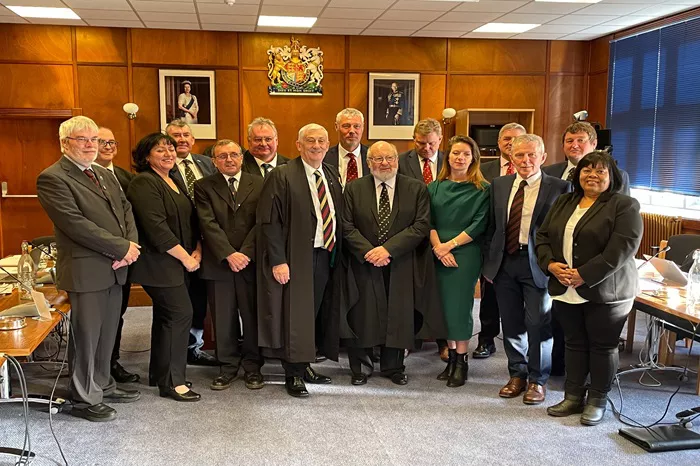Commons Speaker Sir Lindsay Hoyle has kept almost 300 gifts over the past four years, including skincare products, pet items, and dozens of bottles of wine, according to a newly revealed list.
Sir Lindsay, who is responsible for maintaining order among MPs, also kept water glasses, cufflinks, chocolates, and even carpets. Many of the gifts came from foreign ambassadors, MPs, and, in some cases, private companies.
The disclosures come as Sir Lindsay faces scrutiny over his overseas travel expenses. He has been accused of spending more than £180,000 of public money on first- and business-class flights and luxury hotels.
The debate around gifts and perks in public office has gained attention recently. Chancellor Rachel Reeves was criticised for attending a Sabrina Carpenter concert with hospitality perks, while preparing to cut £5 billion in welfare spending. Last year, she and other ministers pledged to stop accepting free clothing after backlash from the so-called “dressgate” controversy.
According to records, Sir Lindsay declared that he chose to keep about 80 bottles of alcohol—including champagne, whisky, rum, and wine—since 2021. The list also includes 26 ties and cufflinks, various decorations, and Christmas hampers from Bahrain and Qatar. The Guardian first reported the details.
Sir Lindsay, a former Labour MP, also received Christmas puddings from Conservative MP Priti Patel for three consecutive years before becoming Speaker.
The records show that some gifts were shared with his office or re-gifted.
Under parliamentary rules, MPs must declare gifts worth more than £300. For ministers, the threshold is lower—£150.
Tom Brake, director of campaign group Unlocking Democracy and a former MP, said the Speaker’s transparency offers insight into how many gifts might go undeclared by others.
“The £300 threshold for MPs is very generous,” Brake said. “It should be brought into line with norms in other sectors, where only small, token gifts are allowed.”
A spokesperson for the Speaker said exchanging gifts is a common international practice to build relationships between parliaments. They added that Sir Lindsay declares all items, even those below the required threshold, to promote transparency and prevent any conflict of interest.
The spokesperson explained that, after consulting parliamentary staff, some items are assessed for historical value and may be displayed. Items such as perishable goods are either retained by the Speaker or shared with his office.
“Speakers often wear ties and cufflinks they receive, and display cultural items linked to the countries they come from,” the spokesperson said.
Sir Lindsay earns an annual salary of about £160,000. He also has access to a private apartment in the Speaker’s House at the Palace of Westminster.


